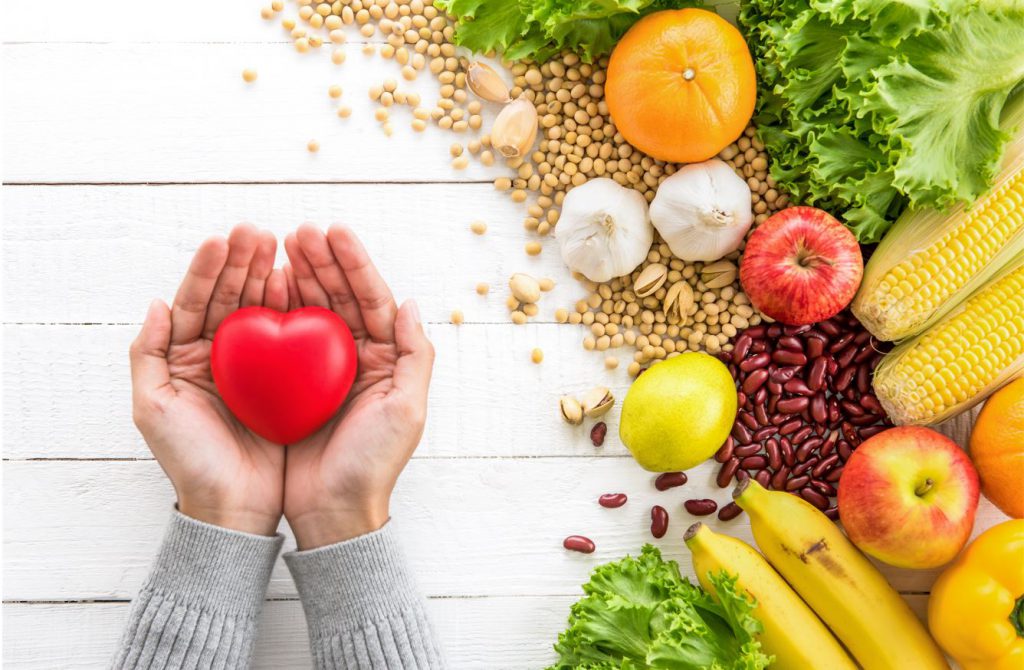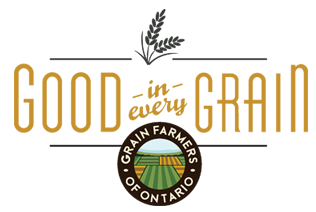March is Nutrition Month

March is recognized by the Dietitians of Canada as Nutrition Month. During this month, you can expect to see dietitians exploring some key actions to take to improve an individual’s health in addition to systemic changes that can be made, not just for today, but for the future. Dietitians will be exploring topics such as food security, food literacy, sustainable food choices, and nutrition care and prevention, dietitians from across Canada are unlocking the potential of food and doing their part to create a healthier tomorrow (click here to learn more).
Here at Good in Every Grain, we recognize the importance of a healthy diet, and we understand the key role that whole grains have in keeping a healthy, well-rounded diet. Part of a well-balanced diet is consuming enough of each macronutrient and ensuring you balance your plate’s proportions according to Canada’s Food Guide, and what works best for you. Not every person’s plate of dietary needs or sizes are the same, so for Nutrition Month lets work on healthy eating, and eating for our bodies
Choose meals that work well for your body, and what makes you feel good after eating. Diets, meals, eating plans can all be helpful- but can also be confusing, scary and limiting to some people. For Nutrition Month let’s eat to feel good!
Let’s start with nutrition basics,
What are macronutrients?
The macronutrients include carbohydrates, protein, and fat. While whole grains are classified as a carbohydrate, as it is the predominant macronutrient, they also contain some protein and fat.
The micronutrients include vitamins, minerals, fibre, amino acids, and omega fatty acids. Each whole grain offers a unique combination of various micronutrients.
Barley provides an excellent source (at least 20% of the recommended daily value) of selenium, a mineral and antioxidant. Selenium helps us to metabolize other nutrients, and assists with thyroid gland and metabolic functions.
Corn provides an excellent source (at least 20% of the recommended daily value) of the vitamin, thiamin. It assists with energy metabolism and production, and nervous system and muscle tissue functioning and maintenance.
Oats provide 50% of the recommended daily value of the mineral, manganese. It activates enzymes for bone formation, assists in the metabolism of many nutrients, and helps with blood regulation.
Wheat provides a good source (at least 10% of the recommended daily value) of the mineral, phosphorus. It helps with energy production, acid-base balance, oxygen delivery, and building strong bones and teeth.
Soybeans provide our bodies with the vitamin, folate. It is integral in rapid cell growth and division, the synthesis of DNA, RNA and red blood cells, and metabolizing amino acids. Some soy foods are an excellent source of the macronutrient, protein.
RDV – Recommended Daily Value
good source – providing at least 10% of the recommended daily value
excellent source – providing at least 20% of the recommended daily value



